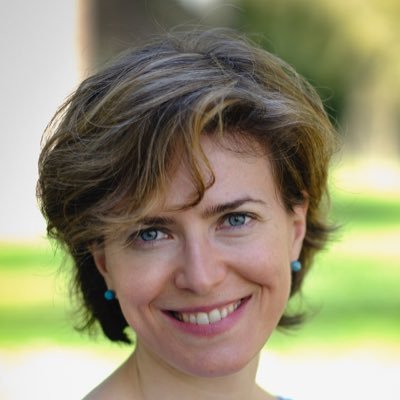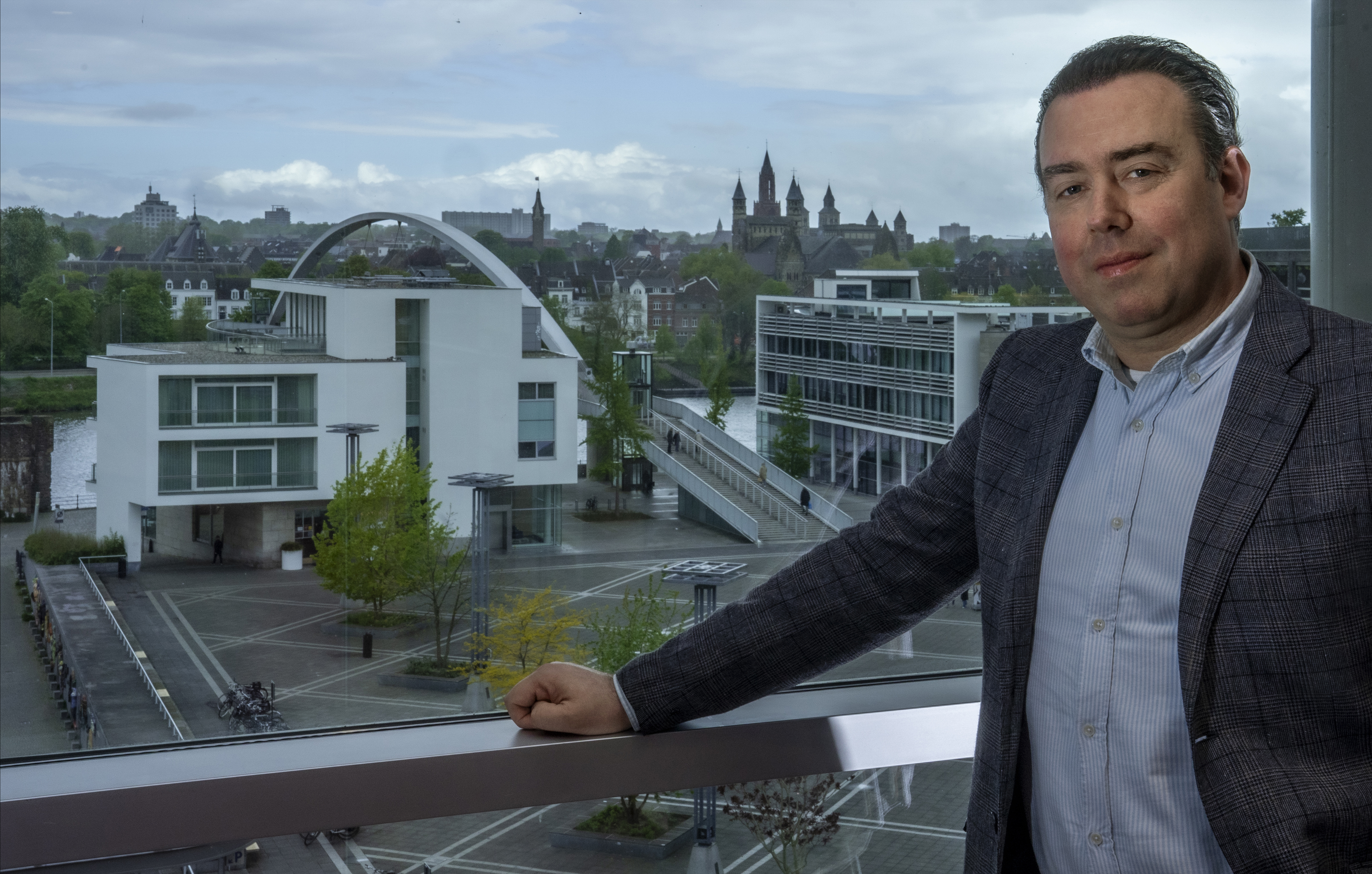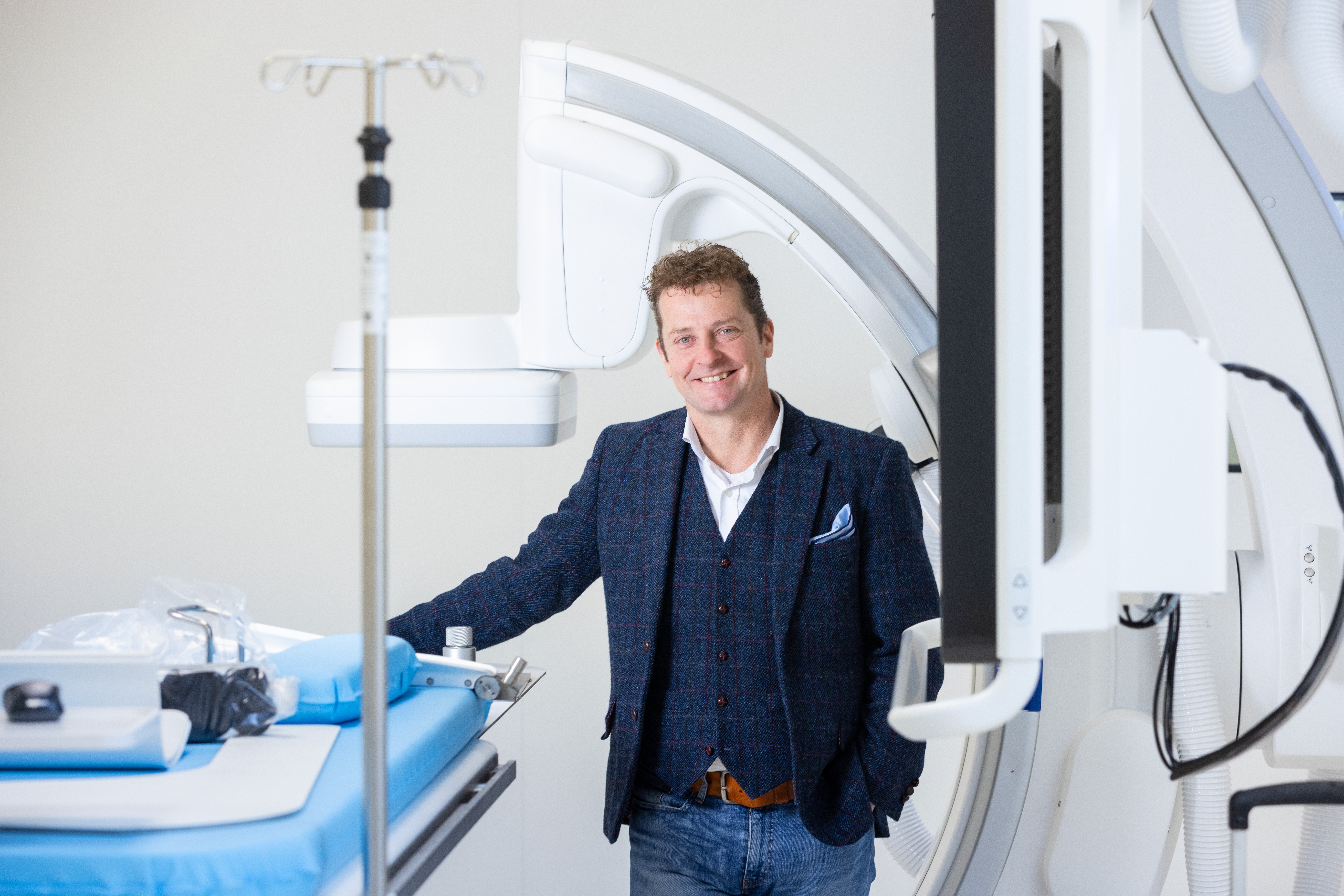Ambitious agora - where Europe meets
Working on Europe Academy is the name of an annual lecture series offered by Young Universities for the Future of Europe and Studio Europa. The discussion that follows these free and easily accessible lectures allows students and citizens to explore relevant issues surrounding the European project – and hopefully discover their role in shaping its future.
The Working on Europe Academy lecture series is jointly organised by Maastricht University (UM) and Studio Europa Maastricht (SEM) under the Young Universities for the Future of Europe (YUFE) alliance. The 2022 edition consists of five interconnected online lectures by experts and open discussions. The academy, which is free of charge and open to all citizens, will explore topics like European inequalities, citizen participation, executive federalism, health, migration, and welfare.
Addressing these issues, in particular at grassroots level, is vital. Marking the thirtieth anniversary of the Maastricht Treaty, which laid down the foundation of the European Union, SEM organised a conference titled ‘Euro at 20: shifting paradigms?’ and ‘The 30th anniversary of the Maastricht Treaty’. In it, Klaas Knot, current President of the Dutch central bank, explained that the Netherlands was and is probably the biggest net beneficiary of European integration. Yet, one suspects, a majority of the Dutch population don’t feel it that way. Are European citizens sufficiently aware of the European projects benefits and problems? Do they feel like they have agency in progressing the project?
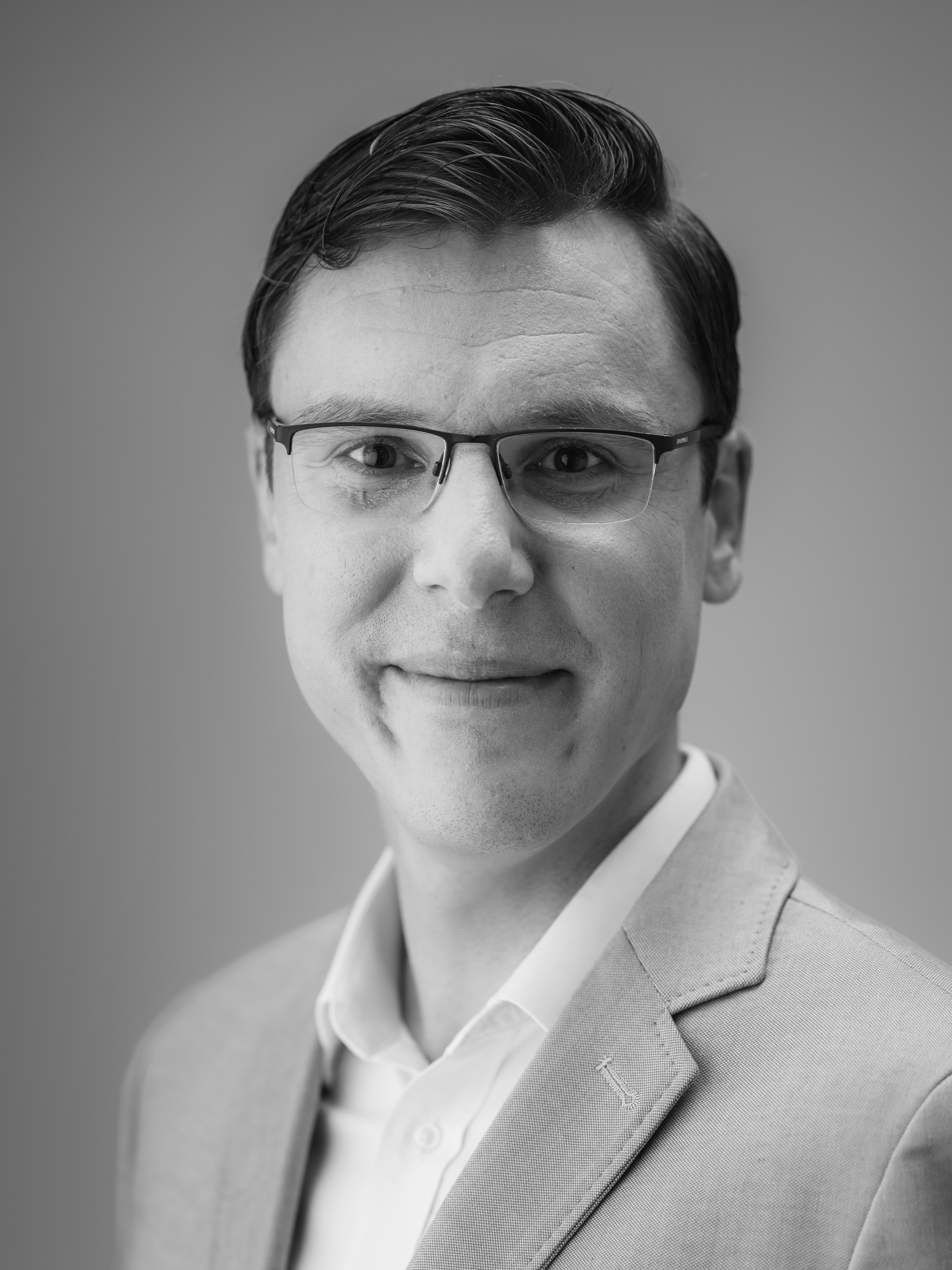
Ivan Rubinić, Working on Europe Academy coordinator
Bringing Europe to its citizens
The academy’s coordinator Ivan Rubinić explains that SEM is a way for UM to advance its strategic agenda of ‘Working on Europe’. "That means creating a better, more inclusive Europe in the broadest sense. We’re dedicated to bringing Europe to its citizens, so our events are open to all.” Accordingly, the academy is not only intended for the students of the YUFE alliance, which comprises universities from nine countries, but also for interested European citizens who can participate in the discussions.
“People are a bit hesitant at first, but as soon as the first person speaks, the discussion becomes lively and fruitful with everyone participating, academic or not. It’s a fine example of citizens willing to proactively engage in European affairs,” remembers Rubinić, who also spoke at last year’s edition. The collaboration with YUFE is very natural. “We provide a platform to discuss European integration’s identity, economics, society, and politics – to start finding progressive solutions for a sustainable future. This is also at the heart of YUFE’s mission as an inclusive European university.”
To many, the EU is primarily an economic union – and understandably so. Rubinić, though, tries to add a bit of romance to this view. “Currently, it’s a marriage of convenience – sure – but with a significant prenuptial agreement, which solidifies existing (un)equal relationships. However, it is a marriage in crisis where all parties must become aware of the synergic value of such a partnership. Instead of justifying shortcomings based on the notion that there is no viable alternative, we need to welcome constructive criticism and build a prosperous future. That’s a vision worth pursuing in every sense.”
Addressing the lack of European identity
European identity, however, remains vague at best. “In times of crisis like these when we have a common enemy, national differences fade into the background and there’s more cohesion.” Yet we shouldn’t have to rely solely on a negative definition of European identity. Rubinić offers a more constructive approach. “It provides the technical groundwork that gives the individual more freedom and thus more possibilities to flourish.”
This proposition will convince the self-interested individual conducting a rational cost benefit analysis – but it won’t survive the stress test of economic hardship, sacrifice and solidarity. Rubinić’s own contribution is a lecture entitled ‘The great lockdown and the sustainability of the European socioeconomic project.’ He will analyse how the uncoordinated pandemic responses showed governments revert to national interests and laid bare a lack of common identity and solidarity.
As an economist studying inequalities, Rubinić is certainly no uncritical cheerleader. “The economic structure of Europe is failing to deliver – but that’s a technical failure easy to remedy. The corrective mechanism should be based on European values – a framework or motivation to improve the economic structures. But those values – because discussion around them has been neglected – are still not strong enough to overcome the lacking foundations.”
This is where Rubinić thinks YUFE could make a difference. “YUFE can be a small step towards transcending the prevalent national understanding in favour of a European one.” YUFE is also a concrete manifestation of the European project’s benefits. All students of the ten partner universities can pick and choose from each other’s courses, online or offline, can partake in exchanges to learn the language, do projects or better understand the local culture and society.
UM, the European University
“For YUFE, the connection between students and the citizens of the regions which our partner universities serve is very important,” explains Veronique Eurlings, head of the YUFE Student Journey. YUFE also organises citizens’ helpdesks staffed by students and many other ways for them integrate and contribute. “This academy is one of the ways in which we reach out to non-academics, so it is also accessible to all of those citizens, also in terms of the language that is used. The threshold to entry is also really low – basically just registration.”
The Working on Europe Academy is UM’s contribution to the YUFE Academy Lectures, which are organised by all its member universities. Eurlings sees clear and obvious synergies between SEM and YUFE: “YUFE is kind of operationalising a lot of the things that SEM are researching. We’re trying to put the European project into practice in our own little way.” She is very confident about the content of the lectures and true to YUFE’s dedication to inclusion, hopes that they can reach a wide audience – not only with this academy but also with YUFE opportunities in general. “It’s a great offer and we would encourage everyone to take it up.”
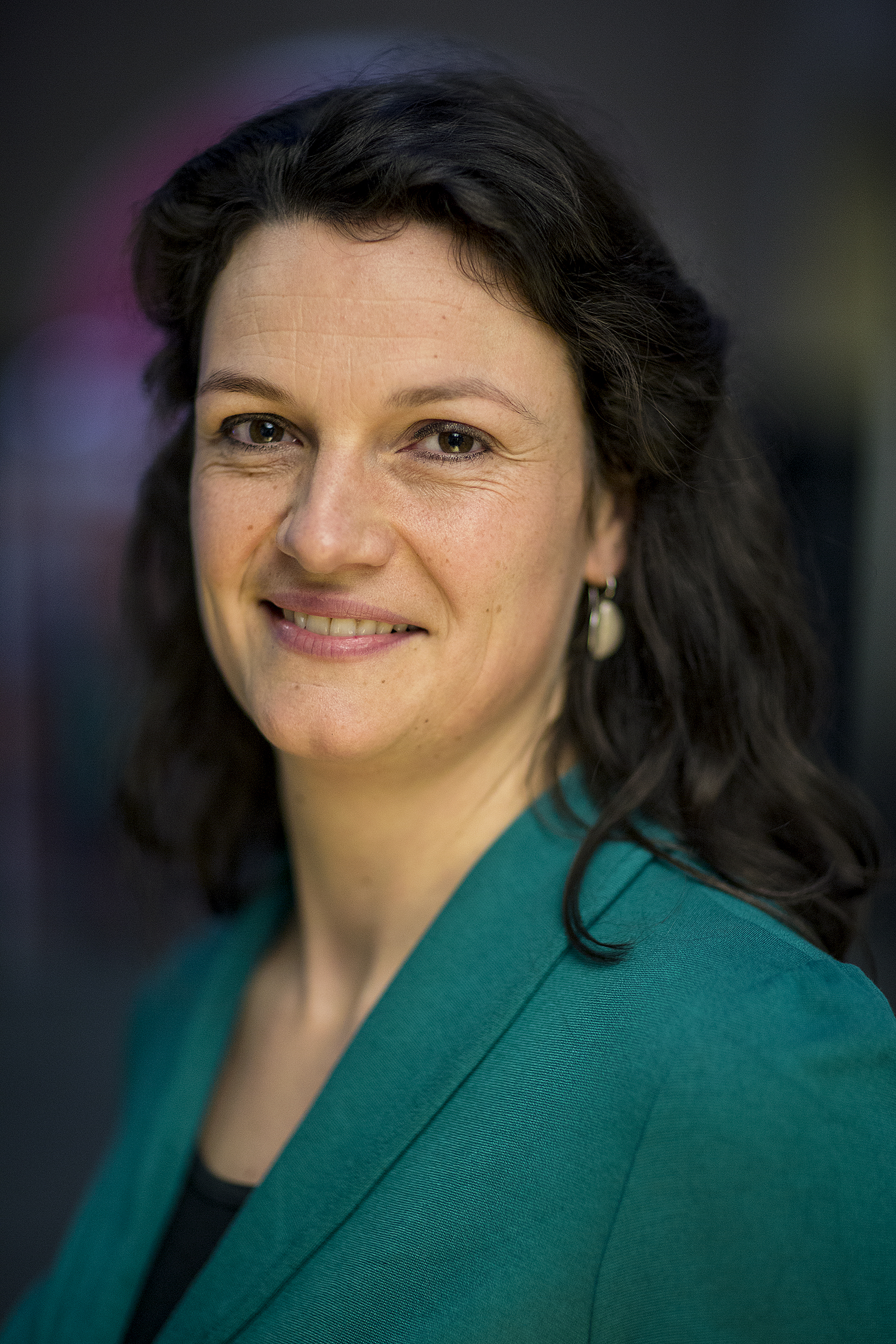
Veronique Eurlings, Head of the YUFE Student Journey
Also read
-
What does it mean to live and work in a city with an international university? When do you notice the university, and how does it benefit you? We asked Maastricht native Stefan Vrancken (50), who works as an associate notary. In his spare time, Vrancken is also an amateur historian and genealogist...
-
Dani Shanley and Joshi Hogenboom on synthetic data, the pains and gains of interdisciplinarity, and why AI likely won’t release us from having to study the world we live in.
-
Lee Bouwman, a vascular surgeon and endowed professor of Clinical Engineering, specialises in the implementation of groundbreaking healthcare technologies. The key to success, he says, lies in the collaboration between engineers and clinicians. This approach has already resulted in a range of...
- in Featured

